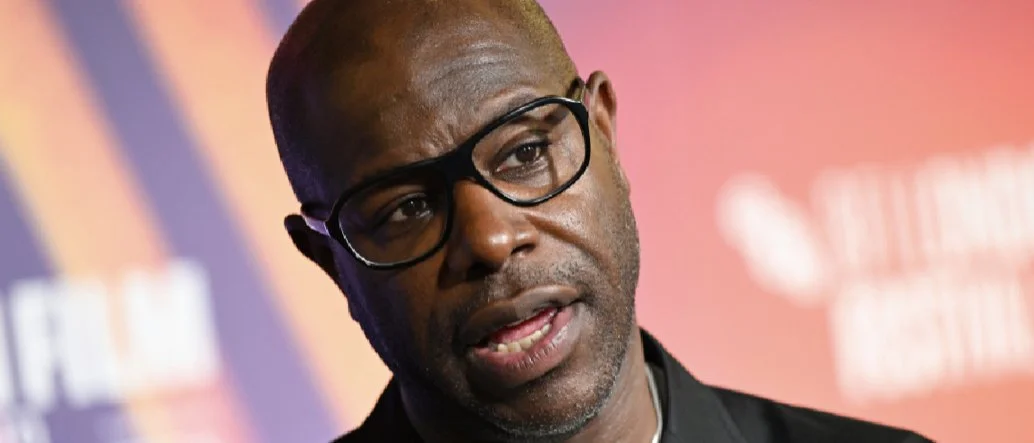I like British filmmaker Steve McQueen; in fact, he’s probably one of the best directors working today. With that said, his 4-hour doc, “Occupied City,” which I saw at Cannes, is a major artsy bore. There’s no other way to put it. It basically plays like an art installation.
There was a running joke between journalists on the Croisette: “did you watch all fours hours of the McQueen?” Plenty didn’t, others toughened it out.
Yesterday, McQueen screened “Occupied City” at the London Film Festival and when asked about the outrageous length of his doc, he said that it could’ve been as long as 40 hours, given the subject matter (via Yahoo! News).
“I think an hour and a half wouldn’t do it a service,” McQueen said. “And what the time is, it’s time reflecting on something which, in effect, could have been 24 hours long, could have been 40 hours long.”
He continued, “And therefore, you have a situation where we did the best we could with what we had in order to translate this urgent and immediate situation which happened over 85 years ago.”
Tackling the occupation of Amsterdam during WWII, “Occupied City” incorporates no talking-head interviews or archival footage. Instead, McQueen opts to tell his story via the illustrated book “Atlas of an Occupied City (Amsterdam 1940-1945)” by Dutch author-director Bianca Stigter, who Happens to also be McQueen’s partner.
The doc goes through a whopping 130 Amsterdam addresses, to the voice of a female narrator, Melanie Hyams. She tells stories of the war crimes that took place at each of these locations during WWII. It’s also mixed in with 35mm footage of the same locations, but set in 2020, when people were forced to abide by the first city-wide curfew since World War II.
These should be harrowing stories, but they instead veer towards the banal ebb and flow of life. More curiously, McQueen pairs footage of Amsterdam’s recent anti-COVID-lockdown protests with narration about the city’s anti-Nazi resistance. One could easily conflate the two. Is he trying to imply that oppression came back to Amsterdam during the pandemic?
The never-ending runtime, a patience-tester, doesn’t amount to much except for McQueen’s clinical dissection of these minutiae. There’s no payoff. The emotions are fairly subdued, which begs one to ask what A24 will actually do with this project, which isn’t really a four-hour film, but rather, as I put previously said, an art installation fit for a museum.






